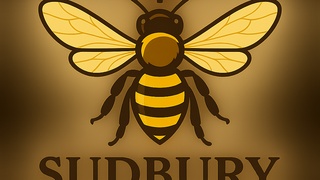Beekeeping in Northern Ontario presents unique challenges and rewards. Our shorter growing season and harsh winters require special techniques and hardy bee varieties.
Seasonal Challenges
Northern Ontario's brief but intense summer provides excellent foraging opportunities for bees. Wild blueberries, clover, and basswood trees offer rich nectar sources. However, beekeepers must prepare their colonies for winter survival from early August.
Winter preparations include ensuring adequate honey stores, reducing hive entrances, and providing proper ventilation while maintaining warmth. Many local beekeepers wrap their hives with insulation materials.
Community Benefits
Beyond honey production, bees provide essential pollination services for local gardens and agricultural crops. The Northern Ontario Beekeepers Association reports that hobby beekeeping has increased in the past five years.
Local farmers appreciate having beekeepers nearby, as crop yields improve significantly with adequate pollination. This creates a beneficial relationship between beekeepers and the agricultural community.
Getting Started
For those interested in beekeeping, the association offers beginner courses each spring. These cover hive management, bee biology, honey extraction, and winter preparation specific to our northern climate.
Community
Video
Podcast
Beekeeping in the North
admin
May 02, 2025
179 views
1 min read






